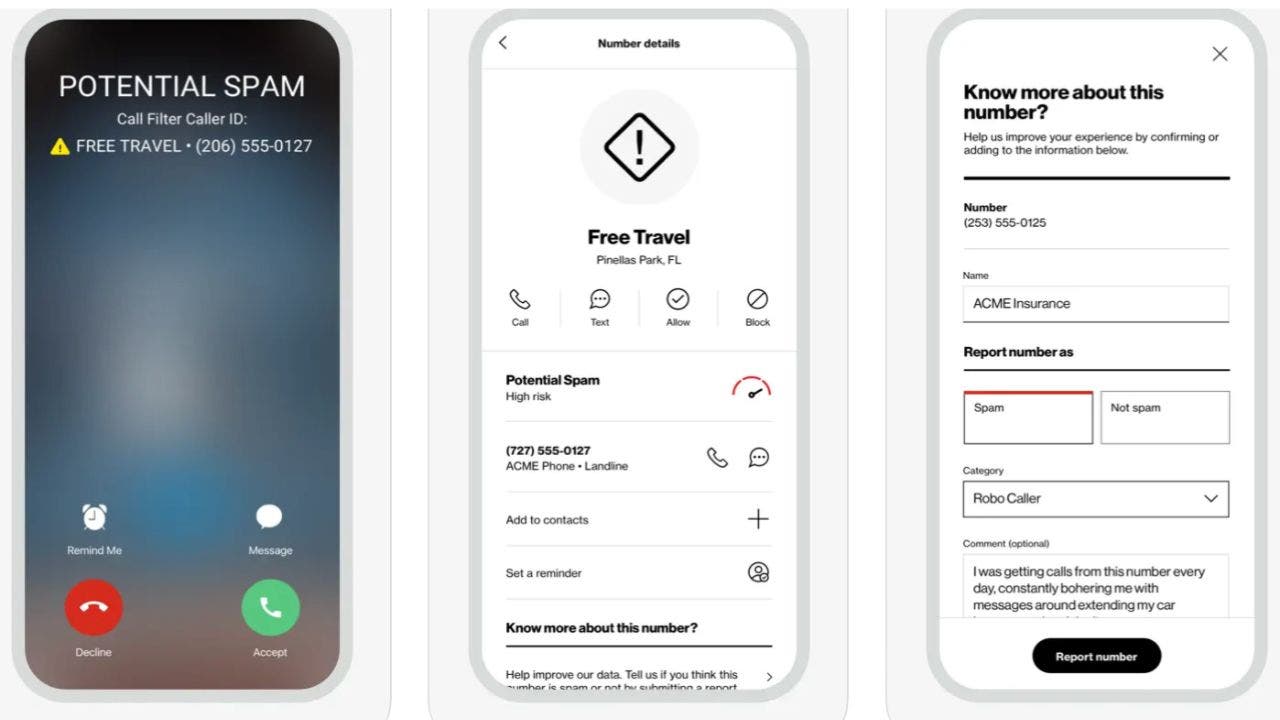Are you tired of constantly receiving calls from sketchy companies, scammers, telemarketers, and robocallers? While there is no foolproof solution, you can significantly reduce these calls by keeping your phone number away from them. Let’s first address how these entities obtain your number through data brokers.
Data brokers collect and sell your personal information, including your phone number, to interested parties. They acquire this information from various sources such as public records, loyalty card programs, surveys, social media, and mobile apps. Your online browsing habits are also of value to data brokers, who sell your data profile to targeted advertising and marketing companies, as well as government agencies.
Certain data brokers offer personal profiles directly to consumers, revealing a surprisingly extensive amount of information about individuals. People search websites, for instance, allow you to search for someone and discover details like past residents, income levels, and relatives. These websites obtain their data from public records like court documents and voter registration forms. While they may offer basic information for free, additional details often require signing up for a free trial and providing more personal information.
However, the scary part is that this information is readily accessible to anyone with a computer, including identity thieves. Armed with a few key pieces of information, they can manipulate your financial accounts by contacting your bank and resetting passcodes. Even cyberstalkers and blackmailers can exploit people search sites to gather more information about their targets. While these sites usually prohibit illegal use of the information, enforcement is lacking, relying primarily on the honor system.
Fortunately, there are steps you can take to regain control of your information and minimize the risk. You can request that data brokers remove your information, although this can be a challenging task given the sheer number of brokers operating in the U.S. This is where removal services come in handy. While no service can guarantee complete removal from the internet, having a removal service enables continuous monitoring and automation of the data removal process from numerous websites over an extended period.
Despite taking measures to protect personal information, such as removing it from data broker sites, threats to privacy and security persist. For instance, robocalls remain a persistent nuisance due to scammers continuously finding ways to evade detection and conduct their operations. As technology advances, robocallers employ sophisticated methods like number “spoofing” to make calls appear as if they originate from different locations or entities. While some robocalls may be harmless reminders, most are malicious scams, leaving individuals vulnerable to fraud.
To put an end to robocalls, start by adding your number to the National Do Not Call Registry. This service prevents telemarketers from contacting you and is free to use. You can register your phone number by calling 1-888-382-1222 or visiting donotcall.gov. Be aware that the registry does not block all unwanted calls, including those from political organizations, charities, and debt collectors.
Blocking individual numbers is another effective tactic. For iPhone users, you can block numbers directly from your recent calls list by tapping the “i” icon next to the number and selecting “Block this Caller.” Additionally, you can report robocallers to the Federal Trade Commission (FTC) through their website or by calling 1-888-382-1222.
Android users can block unknown numbers by accessing their phone app settings and enabling the “Block calls from unknown numbers” option. Samsung phones also offer a built-in feature called “Silence Unknown Callers,” which automatically silences calls from unfamiliar numbers. This feature can be activated through the Settings app.
Furthermore, wireless carriers often provide free spam and robocall-blocking services. For example, AT&T offers the ActiveArmor app, which includes features like fraud call blocking, anti-phishing protection, and mobile security software to safeguard against malware and viruses.
By adopting these strategies and remaining vigilant, you can reclaim control over your privacy and minimize the annoyance and risks associated with unwanted calls. Remember, while there might not be a perfect solution, taking proactive steps can make a significant difference in safeguarding your personal information.
Denial of responsibility! VigourTimes is an automatic aggregator of Global media. In each content, the hyperlink to the primary source is specified. All trademarks belong to their rightful owners, and all materials to their authors. For any complaint, please reach us at – [email protected]. We will take necessary action within 24 hours.


